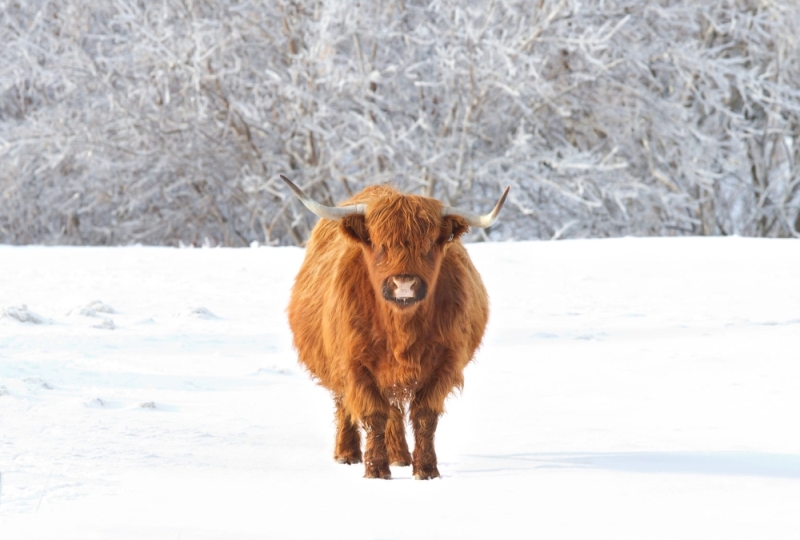
The UK could see disruption as snow continues to fall on many parts of the UK, with the Met Office warning that rural areas could be 'cut off'.
Snow is continuing to fall in many parts of the UK, causing power cuts, school closures and travel disruption.
Snow showers will continue to affect parts of Scotland, Northern Ireland, Wales, northern England and parts of the Midlands.
2-5 cm of snow is likely in places over most o the area. 10-20 cm is possible for some locations, mainly in northern Scotland, Northern Ireland, north Wales and perhaps the northwest Midlands.
Icy surfaces are also likely to be an additional hazard, especially overnight. The heaviest and most frequent snow showers will progressively become confined to northeast Scotland during Saturday (9 December).
The Met Office warned that some rural communities could be cut off and power supplies interrupted.
There could be some icy stretches on some untreated roads, and also a chance of injuries from slips and falls on icy and snowy surfaces.
It put an amber warning in place for Sunday, with heavy snow expected to disrupt public transport links in parts of Wales, the Midlands and northern England.
NFU Mutual weather tips
Weather events can cause huge disruption to daily routines for many rural homes and businesses.
From storms and flooding to snow and ice, extreme weather doesn’t discriminate and there’s nothing that can be done to stop it, but there are things that can be done to prepare for it:
• Keep properties and businesses in good repair, adequately insulated and lagged
• Keep drains and gullies clear of blockages, leaves and debris
• Regularly check weather forecasts and warnings
• Keep an emergency pack in a dry, cool place with some basic provisions: torches, first aid kits, spare clothing, etc.
• Avoid using cars and other motor vehicles when road conditions are treacherous and ensure they are parked in a safe place
• Be a ‘good neighbour’ and check on vulnerable people in your local area
• Use a ‘common sense’ approach
• Check that your insurance policies have the right cover for you.
